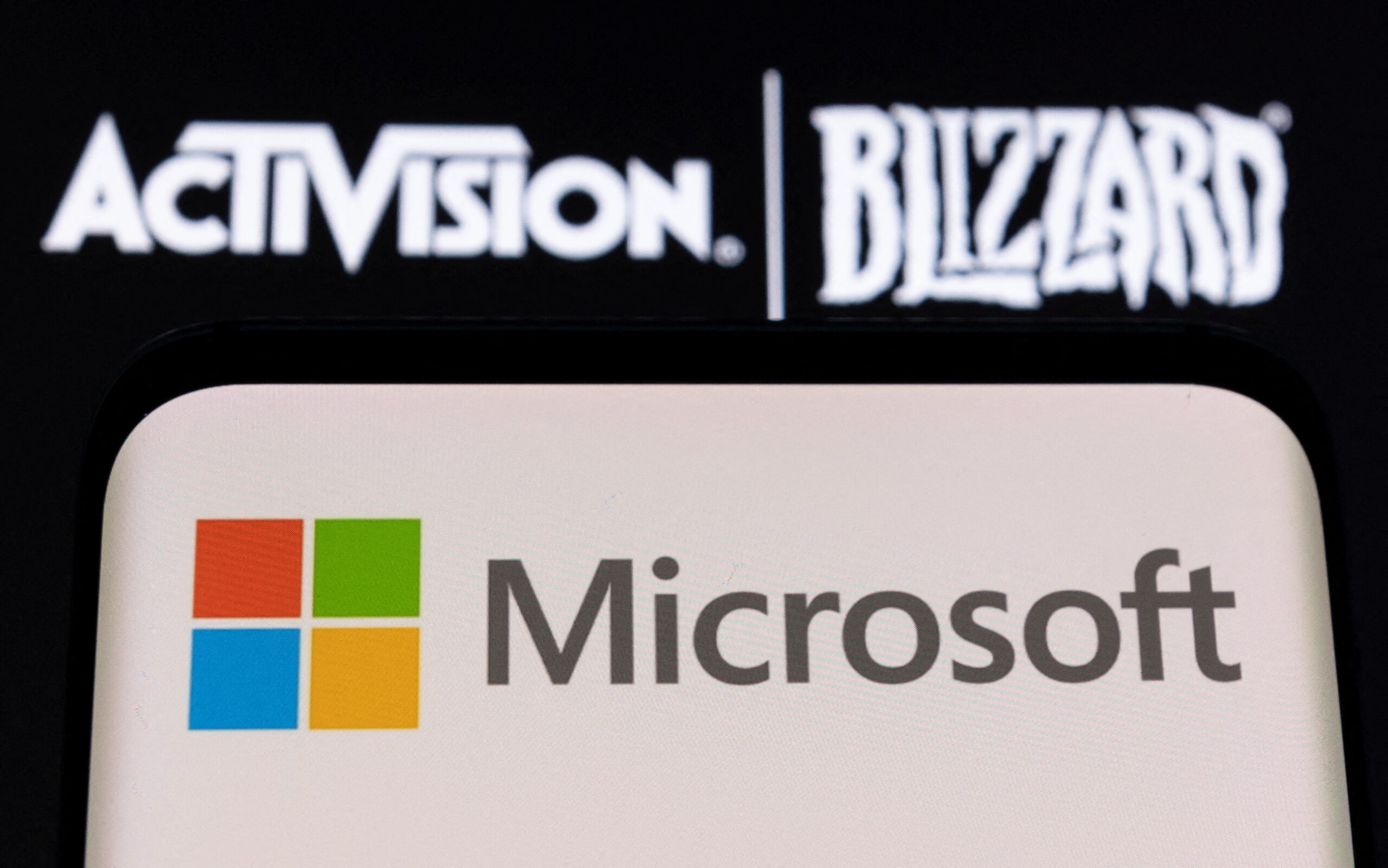Less than a year ago, Microsoft had announced that it would pay $69 billion to acquire Activision Blizzard, a major player in the video gaming industry and the developer of hit titles including Candy Crush, Call of Duty, World of Warcraft, and Diablo. If successful, it would be the largest acquisition in both Microsoft’s and the video game industry’s history. However, the US Federal Trade Commission (FTC) announced on Thursday that it will file a lawsuit to stop the acquisition.
According to the FTC, the purchase deal “would enable Microsoft to suppress competitors to its Xbox gaming consoles and its rapidly growing subscription content and cloud-gaming business.”
The anti-trust watchdog contends that Microsoft might favour its own services, such as its Xbox gaming platform, its Game Pass subscription service, and its cloud-based game offering, by using Activision’s “must-have” material. In order to entice customers to use its Xbox system rather than Sony’s Playstation, and more broadly, Microsoft goods and platforms rather than those of its rivals, it might potentially refuse to provide this content to its rival, Sony. Microsoft has a history of acquiring and leveraging lucrative gaming content to stifle competition from competing systems, the FTC alleged in a complaint that was approved 3-1.
After acquiring parent company ZeniMax, the Seattle-based technology corporation made many Bethesda games its exclusives, according to the agency, in violation of assurances it had given to European antitrust regulators that it had no motive to withhold games from competitors.
“Microsoft has already shown that it can and will withhold content from its gaming rivals,” said Holly Vedova, director of the FTC’s Bureau of Competition.
“Today we seek to stop Microsoft from gaining control over a leading independent game studio and using it to harm competition in multiple dynamic and fast-growing gaming markets.”
With 154 million monthly active users worldwide, Activision is one of a select group of leading video game developers that produces games for consoles, PCs, and mobile devices.
“With control over Activision’s blockbuster franchises, Microsoft would have both the means and motive to harm competition by manipulating Activision’s pricing, degrading Activision’s game quality or player experience on rival consoles and gaming services, changing the terms and timing of access to Activision’s content, or withholding content from competitors entirely, resulting in harm to consumers,” it explained.
The UK’s antitrust watchdog, Competition and Markets Authority, announced in July that it is looking into whether Microsoft’s record offer will “result in a substantial decrease of competition” in its markets.
The FTC has attempted to block the acquisition of Microsoft, the second significant tech merger this year, under FTC Chair and antitrust enthusiast Lina Khan. The FTC contested Meta’s purchase of Within, a developer of virtual reality fitness apps, in July. In San Francisco, a judge will hear the case during an eight-day hearing that began yesterday.






